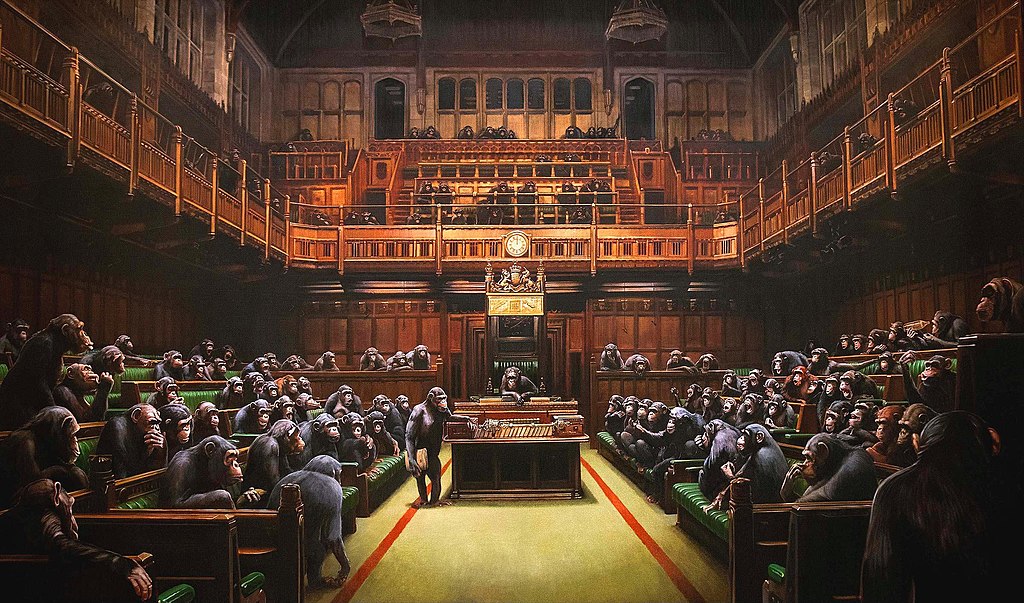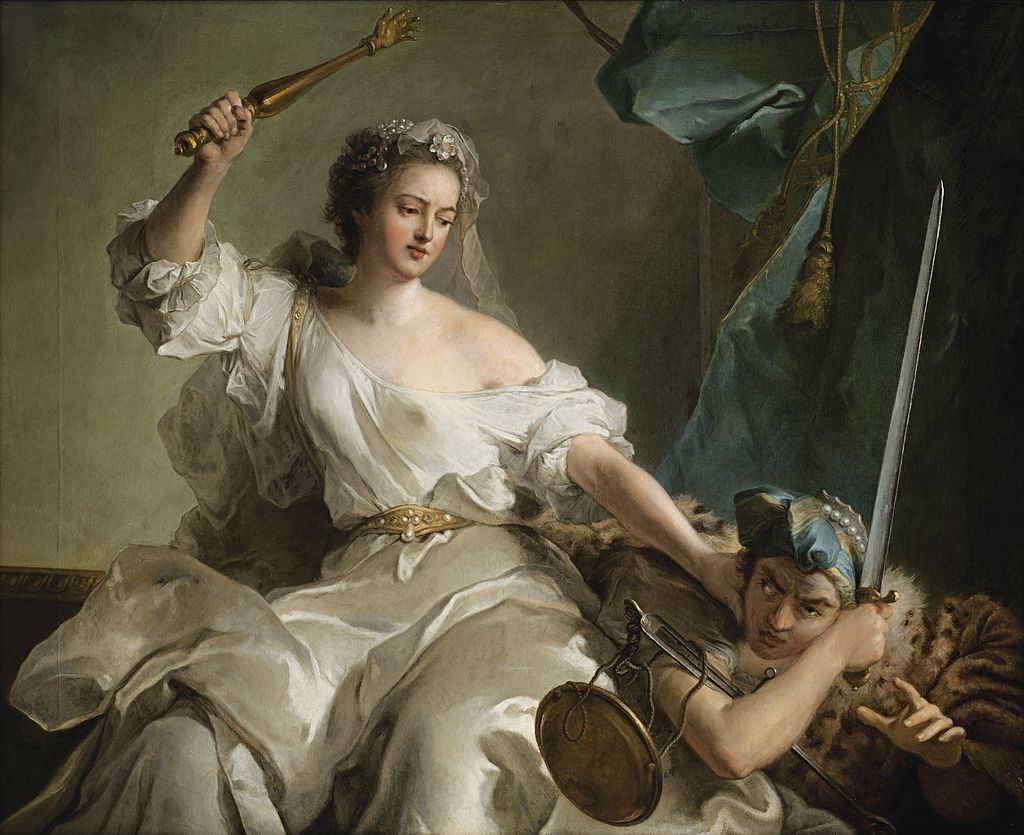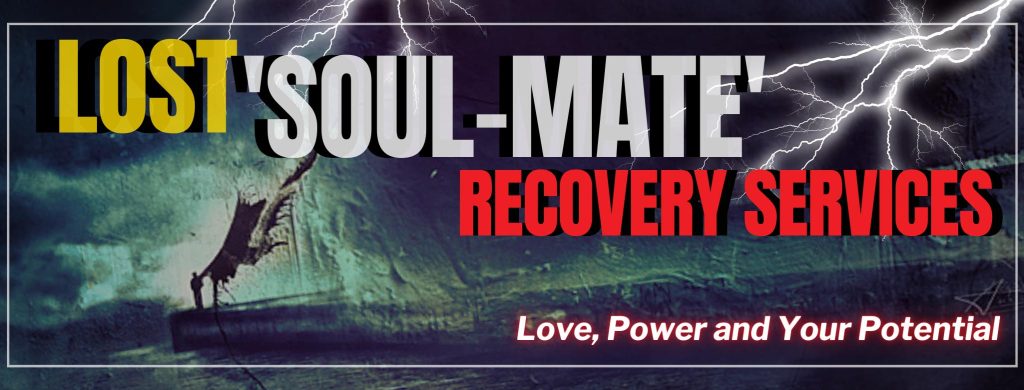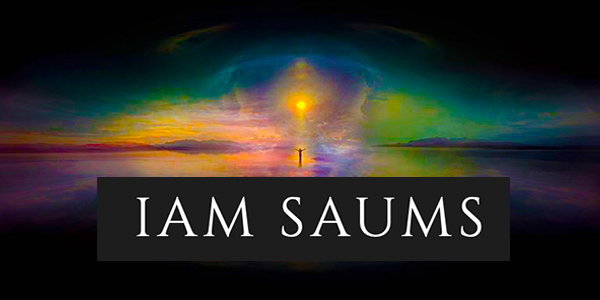Freedom vs. Force – The Individual and the State
The following is a transcript of the video found at the end.
“Freedom is…the air we cannot do without, that we breathe without even noticing it until the time comes when, deprived of it, we feel that we are dying.”
It is a startling fact that throughout history freedom has been considered so precious that some individuals have preferred death to a life in which it is absent.
“Is life so dear, or peace so sweet, as to be purchased at the price of chains and slavery…give me liberty or give me death!”
Patrick Henry
Samuel Sharpe, the leader of a Jamaican slave rebellion, upon facing imminent execution in 1831, professed the immortal words:
“I would rather die on yonder gallows than live in slavery.”
Samuel Sharpe
Yet freedom is no longer considered what the Nowegian playwright Henrik Ibsen called “our finest treasure”, as the heroic cry of give me liberty or give me death has been replaced by what Aldous Huxley referred to as:
“The cry “Give me television and hamburgers, but don’t bother me with the responsibilities of liberty.””
Aldous Huxley, Brave New World Revisited
Instead of cherishing our liberties many of us are willing to forgo them for the mere promise of a bit more safety, security, material gain or ease of life. But this exchange proves to be a Faustian bargain, for as humans we do not flourish in the safety and security of a caged existence rather we suffer like all other animals. What is more, freedom is an essential, not optional condition for a prosperous society. We need freedom to generate the wealth that supports human life, we need freedom to unleash the creativity that moves civilization forward and we need freedom to promote the voluntary social cooperation that keeps a society peaceful and prosperous.
“Poverty increases insofar as freedom retreats throughout the world, and vice versa.”
In this video we are going to provide a defense of freedom so as to counteract the complacency that many hold with regard to its life-promoting value. To do this we will utilize the technique of examining a things antithesis or opposite to better grasp the nature of the object under study. So what is the opposite of a society structured on the foundation of freedom? It is a society structured on the use of coercive force.
“Can you not see that there are only two creeds in the world possible for men; that there are only two sides on which a man can place himself? Are you for a free world, or for a world placed under authority? Are you…a believer in force, or do you take your stand on the fixed and inalienable rights of the individual?”
Auberon Herbert, The Right and Wrong of Compulsion by the State, and Other Essays
Force used defensively to ward of aggression against one’s person or property is almost universally accepted as necessary and justified. But in the modern world most people accept an additional type of force as necessary, namely, coercive force used by centralized governments in order to exert extensive top-down control of a society. But unlike force used defensively, there is not universal agreement as to whether centralized government force is necessary, justified, or whether it even contributes, rather than inhibiting, the order of a flourishing society. Some suggest that the massive centralized states that dominate our world are parasitic, and destined to destroy the societies which function as their hosts.
The 19th century British philosopher Auberon Herbert was one individual who opposed the unchecked coercive force of modern governments. If coercive government need exist at all then like many others in his day, Hebert believed they should be more decentralized, operate at a local level, and that the sole role of such governments should be to defend the individual against attacks on person or property; and that beyond that, government force has no place in a free world.
“That is the one and only one rightful employment of force—force in the defense of the plain simple rights of liberty.”
Auberon Herbert, The Right and Wrong of Compulsion by the State, and Other Essays
Part of the reasoning behind his conviction was that once you grant a government the right to use force for purposes other than defending the simple rights of liberty, then a whole slew of perilous problems follow in the wake.
“The real danger begins where any body of persons, central or local, are equipped with powers…which exceed those of the individual.” warned Herbert. “Then we prepare for ourselves a formidable source of oppression, from which, as time goes on, it becomes more and more difficult to escape.”
Auberon Herbert, The Right and Wrong of Compulsion by the State, and Other Essays
The first danger of granting a government the ability to control us with force is that like any occupation, politics attracts a certain type of personality. It is comforting to believe those attracted to politics are the best among us, and that the electoral system prevents megalomaniacs from attaining power, but the lessons of history suggest otherwise. Like moths to a flame, centralized governments attract authoritarian and narcissistic personalities who believe they know better than the rest of us and who experience little remorse or guilt when they manipulate, deceive, lie, or use force to sculpt society in whatever manner they please. This is on full display in the modern world as almost all politicians promise that they will use the power of the state to remake the world in their image, while rare to non-existent are those who campaign to step aside and allow the individual the proper right to be free. Auberon Herbert served as a high-ranking member of the British Parliament for nearly 10 years, and as he wrote:
“I saw that no guiding, no limiting or moderating principle existed in the competition of politician against politician; but that almost all hearts were filled with the old corrupting desire…to possess that evil mocking gift of power, and to use it in their own imagined interest—without question, without scruple—over their fellow-men.”
Auberon Herbert, The Right and Wrong of Compulsion by the State, and Other Essays
Another problem with granting a government the right to use force to sculpt a society is that it then becomes practically impossible to determine what the limits of these powers should be.
“If it is right to use unlimited power to take one-tenth of a man’s property, is it also right to take one-half or the whole? If it is not right to take the half, where is the magical undiscoverable point at which right is suddenly converted into wrong? If it is right to restrict a man’s faculties … in one direction, is it right to restrict them in half a dozen or a dozen different directions? Who shall say? It is a matter of opinion, taste, feeling.”
Auberon Herbert, The Right and Wrong of Compulsion by the State, and Other Essays
Some may say the solution is to reach some sort of “reasonable” consensus regarding the limits of political power, and then to encode such limits in a constitutional document; as the intention of constitutions is to serve as a political check on the abuses of power. But when centralized governments lord over tens or hundreds of millions of people it becomes exceedingly difficult to prevent those with political power from breaching constitutional limits through devious strategies and means. The American constitution, as one example, has long been a mere relic as senators, congressmen, presidents and judges have supported countless laws that mock the intentions of the founding fathers. And as recent events have shown, the masses are easily duped into accepting constitutional-breaching power-grabs so long as they are backed with sufficient propaganda and appeals to public safety, security, and the so-called “greater good”.
“The urge to save humanity is almost always only a false-face for the urge to rule it.”
H.L Mencken, Minority Report
Or as Albert Camus likewise observed:
“The welfare of the people in particular has always been the alibi of tyrants.”
Albert Camus, Resistance, Rebellion, and Death
But perhaps the most disturbing problem that arises when a society grants a government the right to the use unchecked force is that, in doing so, such a society lights the spark that will, in the words of the historian Arnold Toynbee, kindle “the slow and steady fire of a universal state where we shall in due course be reduced to dust and ashes.” (A Study of History) For if politics tends to attract the power-hungry, and if political power is exceedingly difficult to limit, then once a society comes under the dominion of a centralized government, then such a government will over time grow itself into a system of leviathan proportions, which, like a parasite, sucks all the life-blood from the society it governs. Reflecting on Toynbee’s survey of history the author Kirkpatrick Sale wrote:
“Time after time [Toynbee] shows that civilizations begin to decay after they are unified and centralized under a single large-scale government.”
For a centralized government to grow to leviathan proportions, Herbert believed the masses must be transformed into what he called ciphers. Ciphers are individuals lacking in moral autonomy, deficient in critical thinking and incapable of acting with courage. The cipher is too afraid or incompetent to think for himself, and so, he submissively regurgitates slogans heard in the media and robotically obeys orders from the political class. These dehumanized non-entities are molded by years of indoctrination in state-schools, decades of propaganda from media and popular culture, and constant exposure to numbing and dumbing distractions. The cipher is the man or woman whose spirit has been broken and who is the easy prey of the power-hungry amongst the political class.
“A nation of sheep will beget a government of wolves.”
Edward R. Murrow
Or as Hebert explained:
“The great trick, the winning of power, requires ciphers, and can’t be played in any other fashion. Having once turned men into ciphers, you must appeal to them as good loyal party followers…you can’t appeal to them…as men, possessed of conscience, and will, and responsibility, for in that case they might once more regain possession of their suppressed consciences and their higher faculties, and begin to think and judge for themselves…The great struggle for power would die out, would come naturally to its end, when the suppression of self and the making of ciphers had ceased to be.”
Auberon Herbert, The Right and Wrong of Compulsion by the State, and Other Essays
Along with a population of ciphers, a centralized government of a leviathan scale also requires hordes of minions, or state-functionaries, who, as ciphers themselves, dutifully and obediently carry out the orders of the political class. And lastly, it requires a political class or so-called “elite”, who, from behind the scenes or on high, exerts increasingly tighter clamps of control, and in the process, suffocates all free enterprise, voluntary exchange, spontaneous action, innovation, hope and progress, until the whole system collapses in on itself due to its dead weight. “The system is doomed…as inexorably as the Tower of Babel.” wrote Herbert. Or as he explains the situation:
“Try to picture the huge overweighted groaning machine of government; the men who direct it vainly, miserably struggling with their impossible task of managing everything…Picture also the horde of countless officials, who would form a bureaucratic, all-powerful army…always engaged in spying, restraining, and repressing, forever monotonously repeating, as if they governed a nursery—“Don’t, you mustn’t”; and then picture imprisoned under the bureaucratic caste a nation of dispirited ciphers—ciphers, who would be as peevish, discontented and quarrelsome as shut-up children, because shut off by an iron fence from all the stimulating influences of free life, and forbidden, as if it were a crime, to exercise their faculties according to their own interests and inclinations; picture also the intense, the ludicrous pettiness that would run through the whole thing.”
Auberon Herbert, The Right and Wrong of Compulsion by the State, and Other Essays
For those who have not been transformed into state-ciphers, Herbert’s description of centralized governments may sound ominously similar to the governments across the world which, for decades, have been rapidly growing in size and power. And so, if centralized government is a parasite destined to destroy its host, then it seems as if more people should be questioning the validity of centralized government power, and considering whether a move back towards the foundations of freedom is the panacea needed to find our way out of the absurd contemporary sociopolitical mess. For as Hebert cautioned:
“Time is a great logician, and succeeding generations will either press steadily on to the system that is the perfection of force…or to the perfection of liberty… On which side then do you take your stand?” (A.H)
Auberon Herbert, The Right and Wrong of Compulsion by the State, and Other Essays
Some of the illustrations used in the video are courtesy of stevecutts.com
The above is a transcript of the video found below..
FURTHER READINGS
About us:
Academy of Ideas is the creation of two brothers from Canada. All of the content is produced by us. We are not supported by or affiliated with any organization or university. Our goal is to to spread the message of individual liberty and empowerment to the world.
Become a Supporting Member and gain access to our growing library of Membership videos (currently 40+ videos)! Learn more by following the link below:
© 2021 Academy of Ideas



 academyofideas.com
academyofideas.com















